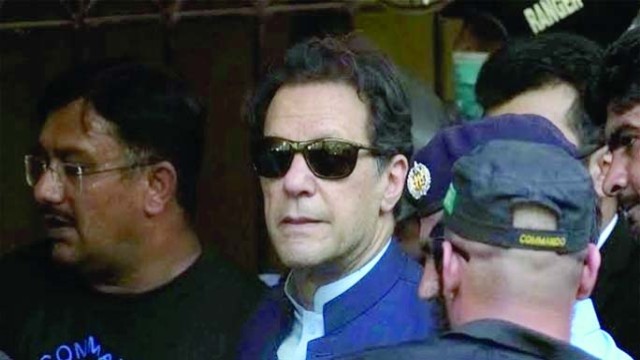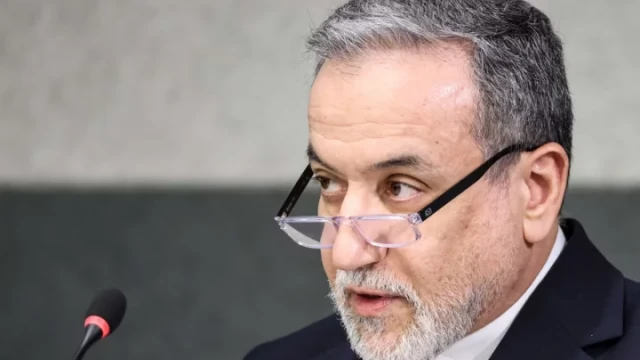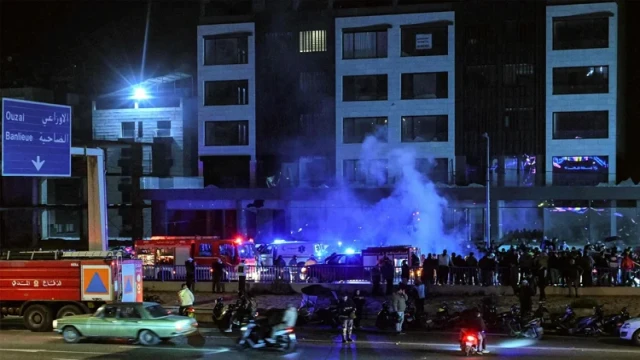"There are currently around 150 cases against Imran Khan, including the Cipher case, significant cases violence, terrorism, and contempt of court."
A Pakistani court found former Prime Minister Imran Khan and one of his party deputies guilty of disclosing public secrets on Tuesday and sentenced them to ten years in prison each.
The decision dealt Khan, an Islamist politician and former cricket star who was removed from office in April 2022 due to a no-confidence vote in Parliament, yet another setback. Khan is presently serving a three-year prison sentence related to a fraud case.
A spokesman for Khan's Pakistan Tehreek-e-Insaf party, Zulfiqar Bukhari, claims that the court delivered the decision from a jail in the garrison city of Rawalpindi. According to the authorities, Khan and Shah Mahmood Qureshi, his deputy who was also given a 10-year term, have the right to appeal the decision made on Tuesday in the case, which is also known as the Cipher case.
The decision was made in advance of Pakistan's parliamentary elections on February 8, which Khan is not permitted to participate in due to a prior criminal conviction.
Khan's anti-establishment stance and grassroots following have made him a formidable political force even though he will not be running for office in the February election. He claims that the lawsuits he was facing were a ploy to keep him out of the race before the election.
Violent protests have taken place in Pakistan since Khan's imprisonment in May 2023. Since then, the government has clamped down on his party and followers.
According to Pakistan's independent human rights committee, "pre-poll rigging" makes it unlikely that there will be a free and fair parliamentary election next month. It also conveyed concern over Khan's and senior party members' candidacies being rejected by the authorities.
There are currently around 150 cases against Khan, including the Cipher case. Additional counts include encouraging violence, terrorism, and contempt of court.
According to the secrets case, Khan is accused of waving a classified cable, which is a private document, at a gathering following his overthrow. The document, known as Cipher, appears to be diplomatic correspondence between the Pakistani ambassador to Washington and the Ministry of Foreign Affairs in Islamabad. Neither the government nor Khan's attorneys have made it public.
During the speech, Khan claiming the document was proof he was being threatened and that his ouster was a U.S. conspiracy, allegedly executed by the military and the government in Pakistan. Washington and Pakistani officials have denied the claim.
The decision on Tuesday was made several weeks after Qureshi and Khan were charged in the case.
Khan's party and followers had worried that he would receive a death sentence for treason during the trial. Khan has steadfastly defended his innocence and claimed not to have revealed the precise contents of the wire. Qureshi was charged with fabricating information in a diplomatic cable in order to obtain political leverage.
Syed Muhammad Ali, a political analyst, indicated that the most recent decision was anticipated. According to him, the two "in fact damaged Pakistan's diplomatic ties with the United States, and they also embarrassed Pakistan's ambassador to the United States at the time, Asad Majeed."
End//voice7news.tv



























Comment: